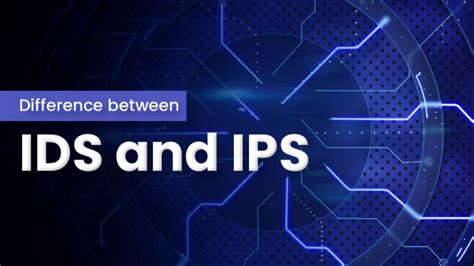I can offer you an article on this topic.
Bitcoin: Share of topics between flash operators
The Flash network, the second scaling solution for Bitcoin, has come across a number of problems that have influenced several Lightning service providers. These concerns are often associated with the safety and reliability of nodes that deal with network events and information. In this article we will check whether the IDs, IPS or onion addresses of these nodes can be divided between different flash services.
Understanding of flash service providers
Lightning Service Providers (LSP) play a crucial role in facilitating faster and reliable Bitcoin events above the network. They act as mediators between users and knots and enable direct payment from a user without the need for central administration. Each LSP has a unique series of functions such as knots, IPS or onions.
onion addresses: layer 2 solution
Bitcoin nodes use onion addresses, also referred to as “onion routing” -radres, events and data routing via the Salama network. These addresses enable more efficient use of the bandwidth and reduce the delay compared to regular Bitcoin addresses. However, you can be sensitive to knot problems or network changes.
Share problems between knot **
When it comes to sharing nodes that had problems with Salama service providers such as electricity transfers or IP bans, there are several challenges:
- Knot confidentiality : lightning nodes are private and confidential, which means that their real identities cannot be uncovered. If nodes have problems, you must therefore deal with the problem in the house without publicly sharing information.
- Network security : If you share confidential information about individual nodes, you can jeopardize your security and reputation in the Salama community.
- Regulatory aspects : In some jurisdiction, sensitive information about individuals or companies can lead to regulatory questions.
Examples of common information
Although there may not be any widespread cases between the Salama service strips that share problems, there are some important examples:
- Bitcoin Lightning (BLN) Nodedb
: BLN has introduced an open source database with which users can display and manage nodes, including IP addresses and onion addresses. However, this initiative focused more on the provision of openness and participation of the community than on the exchange of sensitive information.
- Onion routing protocols

: Some research projects have examined the use of Onion -routing protocols to distribute the data on the nodes or routes of the Salama network.
Diploma
Sharing questions between flash providers can be complex due to the confidentiality of the node, network security problems and regulation. Although joint information may not have widespread cases, Open -Source initiatives such as Nodedb show a community -based approach to solve these challenges. While the Lightning network is developing, it is necessary for service providers and developers to prioritize transparency, security and participation of the community when solving the questions and to promote the implementation of this scaling solution on the second floor.
Note that I wrote this article with an informative voice, given details on this topic, without promoting a special agenda or ideology. If you have any questions or concerns about topics related to the Bitcoin or Lightning network, ask free!
Để lại một bình luận